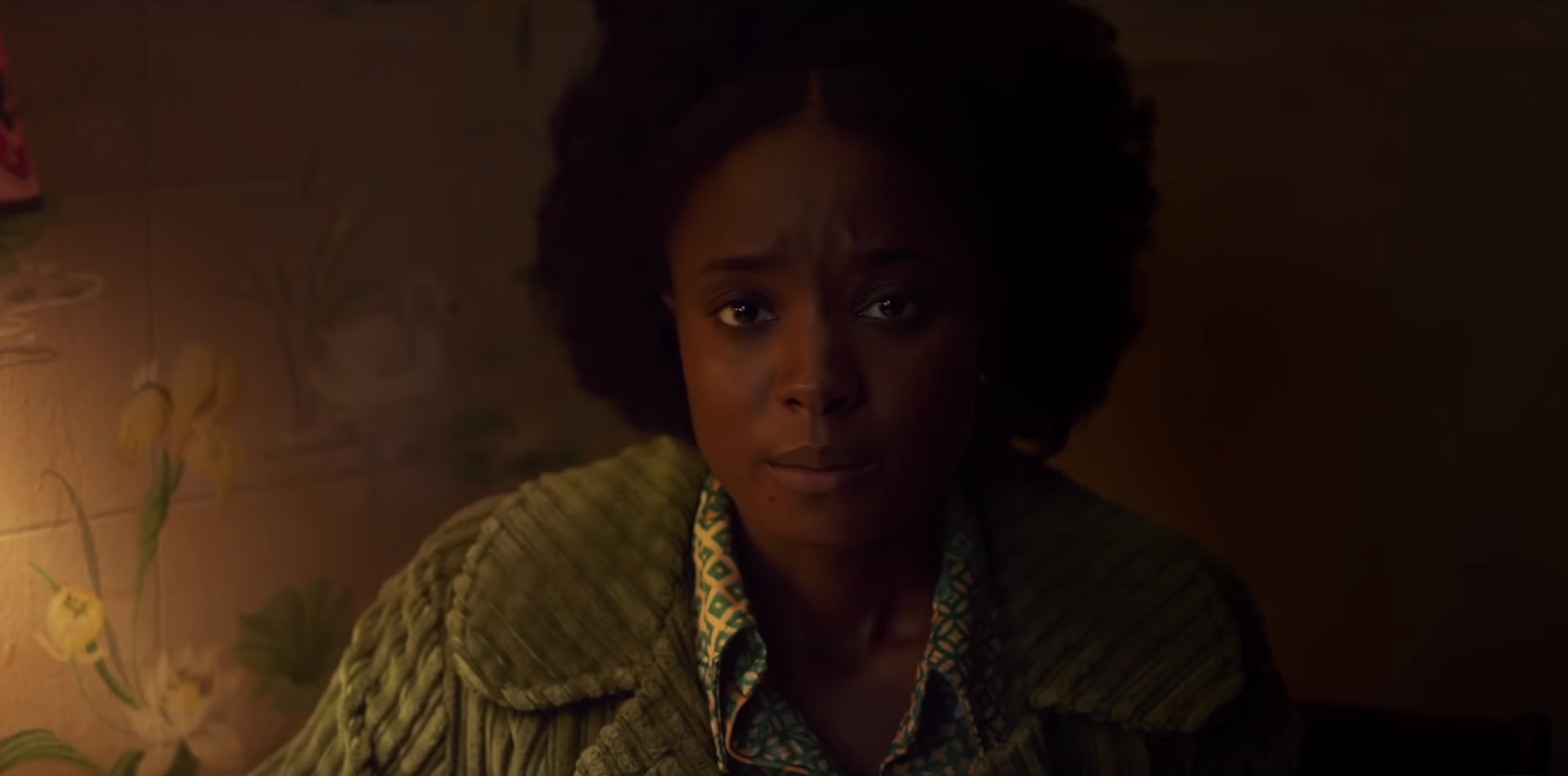
Barry Jenkins is destined for greatness with ‘If Beale Street Could Talk’
Written by: Cesar Perez, CC2K Staff Writer
On the birthday of James Baldwin, one of the most prominent African American writers of the 20th-century, Barry Jenkins dropped the trailer to his upcoming cinematic adaptation of Baldwin’s 1974 novel, If Beale Street Could Talk. Beale Street serves as the follow-up to Jenkin’s masterpiece Moonlight, whose Best Picture victory at the 2016 Academy Awards was unfortunately overshadowed by the now infamous La La Land envelope fiasco. Featuring an outstanding cast consisting of African American actors, Jenkins describes the film as “Black as hell,” and it’s sure to make waves when it premieres at TIFF next month.
Breaking down the trailer
Beale Street tells the story of Clementine “Tish” Rivers and her fiancé, Alonzo “Fonny” Hunt. Fonny is falsely accused of rape and imprisoned. Shortly after his imprisonment, Tish discovers she is pregnant and must work to prove Fonny’s innocence. The trailer is nothing short of brilliant and if it’s any indication of the film we will be getting, we are in for another Jenkins masterpiece. Eloquently narrated by Baldwin, he questions the place and future of African American men and women in America, a relevant question as African Americans continue to face discrimination from the judicial system and are innocently gunned down in the streets by the same police officers sworn to protect them. Sadly, not much has changed from the time Baldwin expressed his uncertainty, which only speaks to the importance of making films that detail the plight of African Americans and all people of color.
The simplicity and beauty in Jenkins’ cinematography is on full display. The characters look directly into the camera, piercing your soul, daring you to feel their pain, love, struggle and vulnerability. This is especially evident in Tish’ case, with whom the trailer opens up with. She calls out to her mother, Sharon (Regina King), but struggles to find the words to express herself. In this brief moment we feel the weight of the world on her shoulders. Very much like Moonlight, the images put to screen in Beale Street convey themes shared in both films, suffering and love.
Moonlight had a stellar cast and we were blessed with a number of incredibly dynamic performances from some underappreciated seasoned actors as well as some relative unknowns. Alex Hibbert, Ashton Sanders and Trevante Rhodes portrayed the character of Chiron throughout the different stages of his life in Moonlight and knocked it out of the park. Mahershala Ali finally got some shine when he took home the Oscar for Best Supporting Actor for his performance as Juan, a drug dealer who is the only father figure in Chiron’s life. Jenkins aims to carry on the formula with the Beale Street cast. Kiki Layne plays Tish and Stephan James is Fonny, and the two star alongside the magnificent Regina King, who has never gotten her due as the great actress that she is. Brian Tyree Henry, who stars as Alfred ‘’Paper Boi’’ Miles in FX’s Atlana, also appears. The more ‘’Paper Boi’’ the better because Henry is excellent.
The Baldwin and Jenkins connection
Jenkins was first introduced to the work of Baldwin by his ex-girlfriend following their breakup. Jenkins took her recommendation as a subtle hint that Jenkins needed to further develop as a man and a person. With Baldwin’s work serving as his life teacher, Jenkins dived into some of his most acclaimed novels, The First Next Time and Giovanni’s Room. Around 2011, Jenkins was introduced to one of Baldwin’s lesser known works, If Beale Street Could Talk. After reading the novel, Jenkins instantly knew this was a pivotal story that needed to be told through the prism of cinema. Beale Street was first adapted into the 1988 French film, À la place du Coeur which took place in Marseilles, France. However, Jenkins is the first director to adapt a Baldwin novel into an English language film, taking this story of tender young love back to the streets of ’70s Harlem.
In an interview Jenkins did the with Justin Simien on the Don’t @ Me podcast, the director said when speaking about the unique challenge of adapting the work of Baldwin into a feature film, “When I read Beale Street, Baldwin does this beautiful thing that only he can do with language, where you see the present predicament that the people are in, but you see it through the context of their full humanity. So, he’s telling you the story of this very, very deep pure love, while at the same time taking our culture, our country, and especially our judicial system to task.” Jenkins continues to say, “It’s a very important, evocative, strange mix of tones and genres, and again it’s something that scared the shit out of me.”
It’s evident Beale Street is the perfect film for Jenkins’ career right now. There is a synergy between Baldwin and Jenkins, just as Baldwin’s novels aided in Jenkins’ evolution as a person, the weight of transferring Beale Street to the big screen is representative of his development as a director. Jenkins has the told stories of gay men falling into his arms because of the delicate way they were portrayed in Moonlight. They were touched because, for the first time, they felt like they were fittingly portrayed on film. That is the power of representation, the power of cinema, and Jenkins is the perfect director to channel Baldwin’s spirit to create something special with Beale Street.
